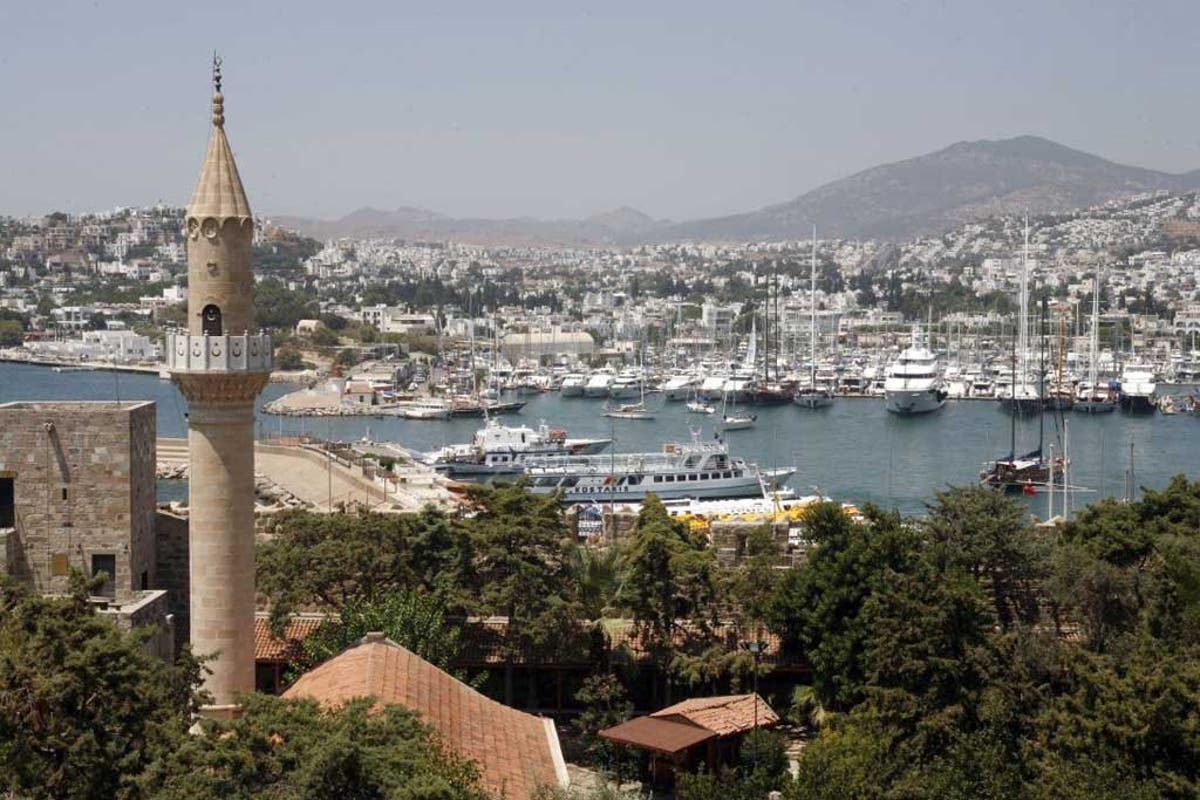The rise of the eco-conscious sabbatical
Looking to take a career-break in 2024? Immersing yourself in nature on a conservation project can have a profound impact on you and the environment, writes Natucate CEO Daniel Kaul


Sign up to Simon Calder’s free travel email for expert advice and money-saving discounts
Get Simon Calder’s Travel email
The number of employers offering sabbaticals has risen exponentially in recent years. Whether or not it’s a bid to boost retention in the wake of Covid and the fabled “Great Resignation”, this is a smart gambit. Paying your employees to take extended time off may force a company’s accountant to sweat, but offering it as a benefit can more than pay off in the long-term. A Harvard Business Review study points to just how beneficial a sabbatical can be on an employee’s mental and physical health, and therefore on overall productivity.
This rise in sabbaticals has coincided with an explosion in demand for eco-tourism; 69 per cent of tourists plan to travel more sustainably throughout 2023. And, as the founder of an educational conservation travel company, I have personally witnessed a spike in the demand for more meaningful, immersive and environmentally positive experiences.
The sabbatical has traditionally been used by mid-career professionals to help them to go deep into their hobbies, reconnect with family and friends, and travel to far-flung, “bucket list” destinations. In short, it was used to rejuvenate.
Read more on sustainable travel:
Yet I’m observing an increasing desire for individuals to ensure that their well-earned time off can have a positive impact on the planet, too.
Citizen Science is one such example. Researchers are often in chronically short supply; allowing travellers and volunteers to collect biological data for research is a lifeline for scientists and NGOs. Whether it’s monitoring wolf populations in Portugal or tracking migration patterns of birds across the Okavango Delta, engaging in citizen science can offer a rare glimpse into the workings of the world’s most fragile yet astonishing ecosystems.
People are increasingly choosing to give back as part of a sabbatical or career break
(Getty Images/iStockphoto)
These experiences can of course be enjoyed within the confines of our annual leave. Yet a week-long experience should only be considered a mere taster, whereas engaging with a conservation project for a full six months to a year is more like a full seven-course meal.
Many of those who have embarked on multi-month experiences have said that this natural experience has triggered a full life re-evaluation, prompting major professional, or even geographical, moves.
It’s not surprising. Immersion in the natural world often reminds us of how important it is to protect it. A study published in the Journal of Environmental Psychology found that those who visit natural spaces are more likely to engage in more environmentally friendly practices. As the scientist Robert Pyle famously put it: “People who care conserve; people who don’t know don’t care. What is the extinction of the condor to a child who has never known the wren?”
People who care conserve; people who don’t know don’t care
Robert Pyle, scientist
And people are adopting more environmentally friendly behaviours in general; Deloitte research shows that 85 per cent of consumers have adopted at least one lifestyle change to become more sustainable. Both awareness and interest in biodiversity are at an all-time high since the historic biodiversity conference COP15.
Reading statistics about biodiversity loss or climate change online might help shape our mindset towards the natural world. Yet there is no replacement for the visceral sense of awe one gets from witnessing the natural world in all its messy, unpredictable and sublime complexity.
The climate crisis is having an all-encompassing impact on our lives, changing the way we eat, bank and commute. Yet we mustn’t assume that environmentally friendly behaviours necessarily imply some form of personal deprivation or protestant abstinence. Indeed, they can dovetail with a refreshing, immersive and intellectually stimulating lifestyle, which includes the way we travel.
That’s why we need to continue to reimagine what our travel time, and our hard-earned sabbaticals, can and should look like. If you’re lucky enough to be approaching your mid-career sabbatical, I’d encourage you to ask yourself how you can refresh your mind and help to protect the planet at the same time. It might just change your life for the better.
Daniel Kaul is founder of the conservation and natural education-focused travel agency Natucate.
Read more on The Independent’s flight-free holidays

 KickT
KickT 































.jpeg)
